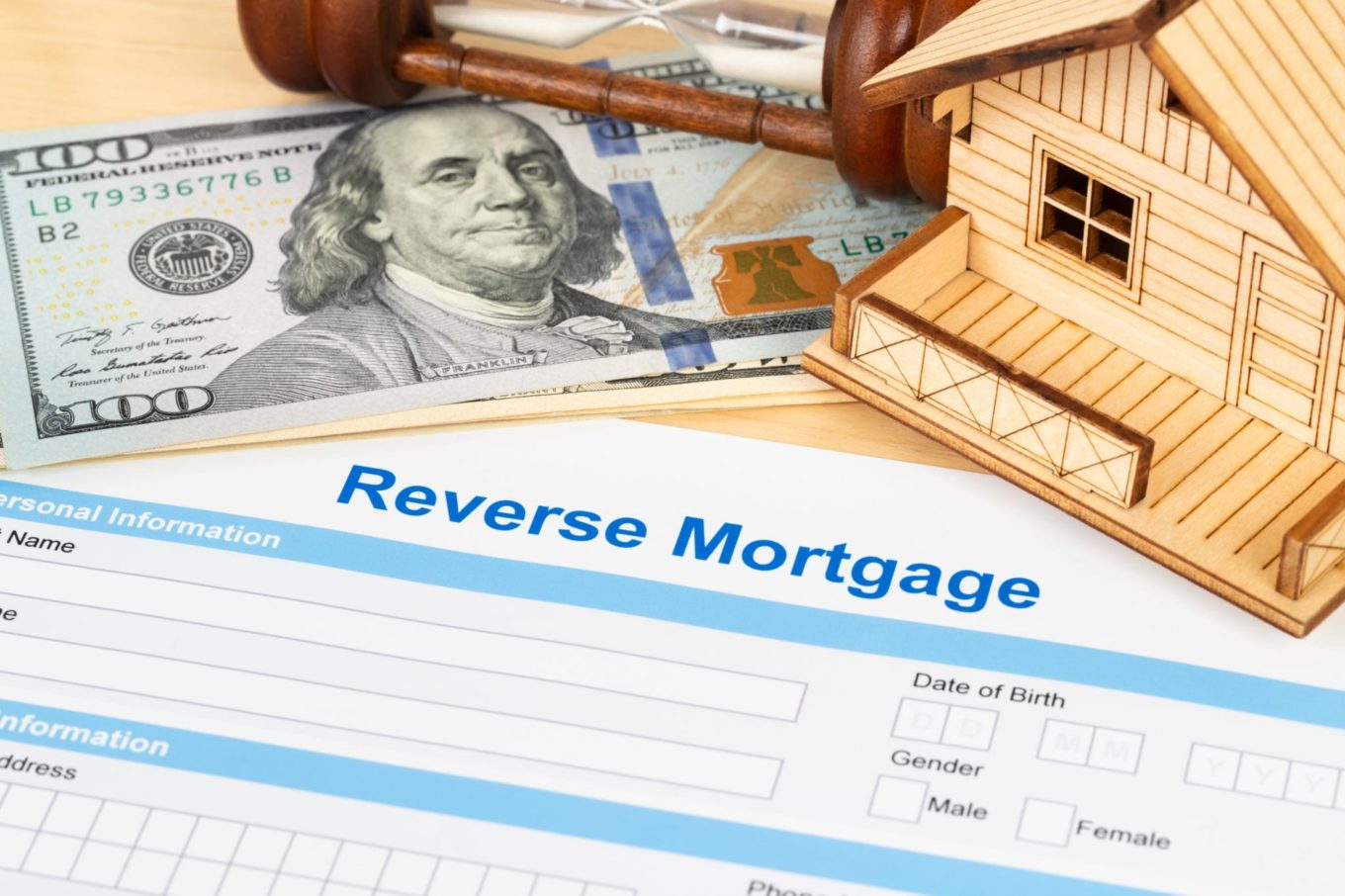If you’re one of the many seniors who is exploring the possibility of bankruptcy and you’ve got a reverse mortgage, this is an important question to ask. The short answer is you can file for bankruptcy.
The long answer is: but it can get complicated. Here are some questions you should be asking yourself, and going over with your bankruptcy attorney.
See also: Removing a Second Mortgage in Bankruptcy
What type of reverse mortgage do you have?
The vast majority of people take the reverse mortgage form that converts their equity into a monthly distribution. This can have a huge impact on you personally, as your lender can’t make those payments during the length of your bankruptcy case.
This means Chapter 13 would be virtually impossible for you if you’re really depending on that income, and Chapter 7 could be tough unless you have enough set aside to live on for six to nine months.
If you took a lump sum, much could depend on how you used it.
See also: What Happens to My House During Bankruptcy?
What’s the current value of the home, and how much equity do you currently have in it?
You can’t get a reverse mortgage unless you have 50%+ equity in the home. That much equity can be very difficult to protect in a Chapter 7 bankruptcy. That’s the bad news.
The good news is your loan balance is now increasing every month. This isn’t a problem for you, since for the most part you’re going to be keeping the house until you sell, die, or move out. It in fact could work in your favor.
If home values have gotten lower in your area while you’ve steadily been receiving distributions against your equity for several years, then your equity may easily fall within federal or state exemption guidelines. In some cases, you might not have any at all, which is helpful in this case.
To discover which of these situations applies to you, you’ll need to get an appraisal and contact your lender for a payoff amount.
What are the terms of your loan?
Even if you do have too much equity to protect, though, you may be able to keep the house. The lender can file a “Proof of Lien” document, and in some cases you can reaffirm the debt to keep the reverse mortgage active (it is still a debt) during a Chapter 7.
But this will depend on the terms of your loan agreement, which you’ll need to review very carefully. Some loan agreements do demand that you give up the house if you file for bankruptcy, and some lenders will end the reverse mortgage.
How much money do you receive?
Since Chapter 7 is probably the only viable option for you, you’ll need to pay attention to the bankruptcy means test. Your reverse mortgage payments do count as income, which means you could make too much money to proceed.
And keep in mind income isn’t the only thing that’s tested: the means test pays attention to certain assets, too. You’ll want to verify your eligibility with your attorney.
See also: What is the Bankruptcy Means Test?
Don’t try to make the decision alone.
You need a full, professional review of your entire financial picture before you can decide whether to proceed, with someone who will lay out all your options. Attorneys who are experts in foreclosure defense can be especially helpful.
We’ll do it for free. Call any time, day or night, to schedule your consultation.





